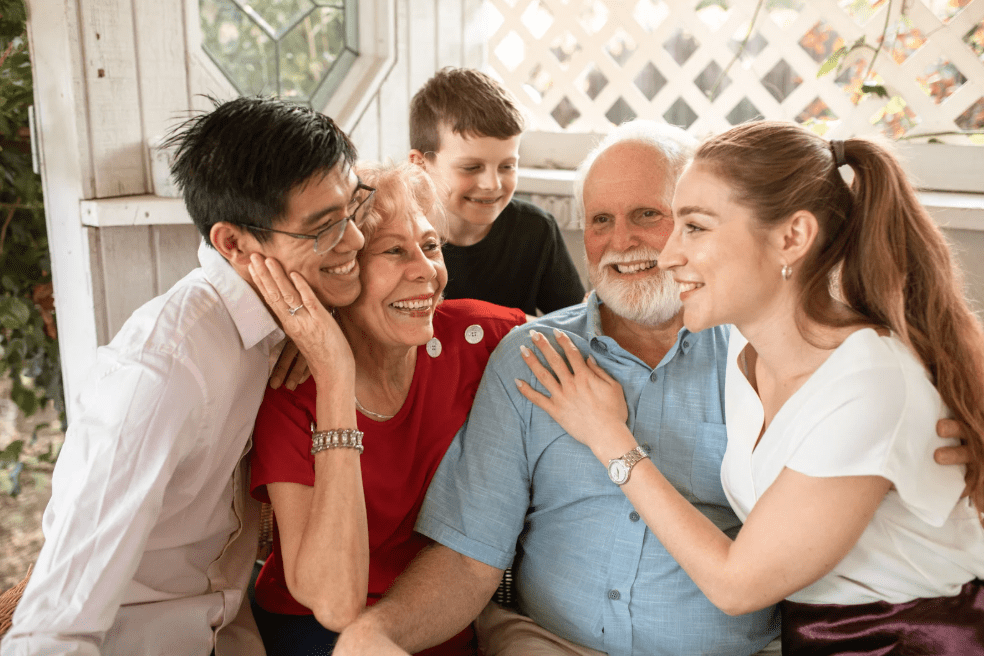Table Of Contents
Findings of a new study published June 25th online in the journal Neurology suggest that veterans who have experienced a traumatic brain injury (TBI) may be more prone to developing dementia. The statistic is that 60% of those individuals are more likely to be diagnosed with dementia sooner than those without ever incurring such an injury.
The study’s author is Deborah Barnes, an associate professor in the department of psychiatry at the University of California, San Francisco, School of Medicine. She said: “Our results suggest that [TBI] may increase the risk of developing dementia in older veterans, with an age of onset about two years earlier.” This red flag should force clinicians to be extra cautious of veterans with such an injury.
The study included 190,000 veterans with an average age of 68 and who were dementia-free. From that number, 1,229 had been diagnosed with a brain injury. After a nine-year follow-up period, researchers found that 16% of those with a brain injury developed dementia, while only 10% of those without a brain injury did. Furthermore, they found that veterans with a brain injury developed dementia at 78.5 years old, on average, while it was not until almost 81 for the others.
Another interesting finding was that the risk for developing dementia was higher for veterans with a brain injury who also experiences cardiovascular disease, depression or PTSD. It was higher than those with just a brain injury of just one of the other conditions.
It is extremely important to note that this study did not establish that there is a cause-and-effect relationship, but instead that there is an association between brain injuries and dementia. Professor Barnes provided a theory as to why this might be the case, indicating that every “hit” to the brain reduces its ability to bounce back after being damaged.
If you or someone you know experienced a traumatic brain injury while in service, please contact an experienced advocate at Veterans Help Group to discuss any potential claims for compensation benefits. If you are reading this and you do not have a potential claim, make sure you, your loved ones and your doctor are extra vigilant for any warning signs of dementia.

Veterans Help Group Serving Our Community
Veterans Help Group Serving Our Community By Bobbi Boudi, Director of Community Outreach & Amy...

How Much Back Pay Will You Receive?
What is VA Disability Back Pay? VA disability back pay is payment for benefits the veteran was...

Your Guide to VA Ratings: Sleep Apnea
Your Guide to VA Ratings: Sleep Apnea Sleep apnea can be a serious condition that may impact...





